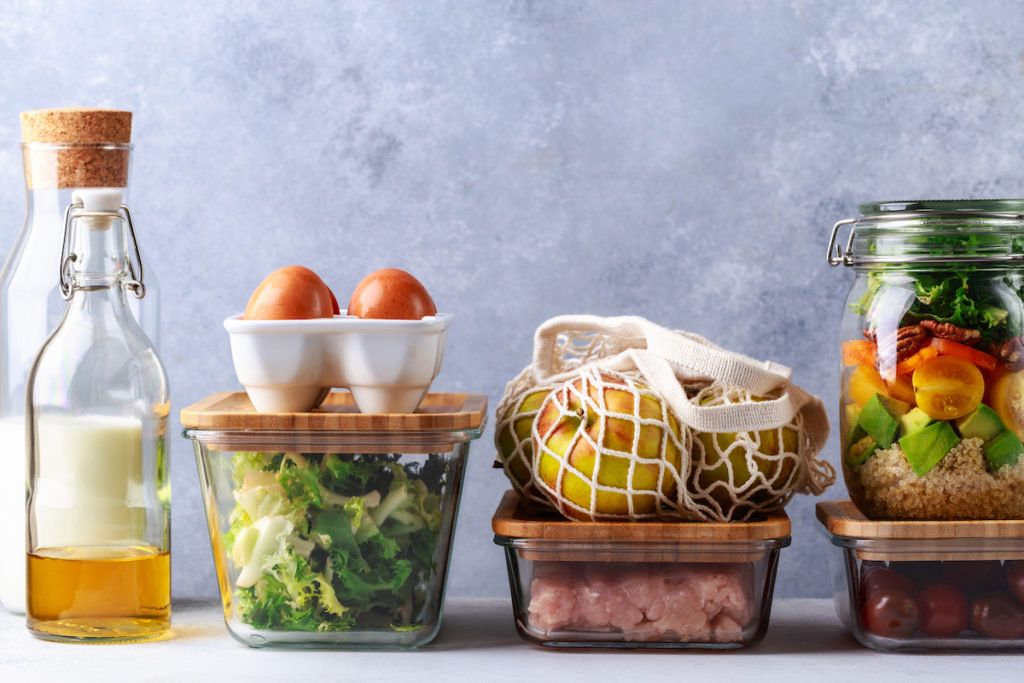Plastic is such a common and useful material in everyday life, that it’s often hard to be aware of just how much we consume of it. And because we all need to eat and drink, the kitchen is the room where we can potentially reduce the most plastic.
The global movement Plastic Free July® challenges people to be part of the solution to plastic pollution by saying no to single-use plastics. However, behaviour change takes time and persistence, and as July ended, making habits stick means changing our environment rather than relying on willpower. Start with one of the plastic-free kitchen challenges and nail it first, before moving on to the next one. Think of the difference you could make by the end of the year!
ELIMINATING PLASTIC CLING FILM
There’s no need for plastic food wrap anymore. There are some plant-based, biodegradable alternatives, or better yet, invest in reusable solutions.
Challenge: Phase out your cling film and recycle the box when you’re done, so you’re less tempted to buy it again. Stock up instead on reusable beeswax wraps, silicone lids or high-quality metal or glass food containers, and make sure everyone else in the house knows where they are and how to use them.
STARTING A REFILLING HABIT
It’s surprisingly easy to create an artful, sustainable wholefood-filled pantry. Pasta sauce jars make them great for storing your dry pantry products: beans, oats, sugar, dried fruit…
Challenge: After the product runs out, save the bottles and take them on a refill trip. Start saving good-looking, uniform jars and lids and reuse them.
BUYING YOUR FAVOURITES IN BULK
Buy bulk formats (space permitting) and decant them into smaller items to fit your pantry or kitchen cleaning cupboard. Most bulk products also come in recyclable or compostable packaging, so opt for this where possible.
Challenge: List all the kitchen items you know you can buy in bulk – oil, flour, kitchen spray, nuts, etc… and pop it on your fridge. Then when these items run out, make a note on your grocery list to replace them with bulk or other low-waste alternatives.
CONCENTRATING ON CLEANING PRODUCTS
Not all the packaging in your kitchen will contain food and drinks. Buying concentrated cleaning products is another way to shrink plastic waste in your kitchen.
Challenge: Get into the habit of refilling your ecostore cleaning products at a growing number of ecostore Refill Stations in supermarkets and green stores, or purchase them in bulk size.
LEAVING OUT THE TAKEAWAYS
Just like many pre-prepared convenience foods, takeaways usually come in single-use, non-recyclable packaging. But who feels like cooking when you get home after a long day at work?
Challenge: Prioritise your health, bank balance and the environment by cooking from scratch with loose fruit and veggies from the produce section. Meal prepping on Sunday night can help you get through a busy week.
At ecostore, we’re taking action to minimise the amount of new plastic we make, by making it easier to reuse, refill and (properly) recycle this valuable resource. We’re also working towards a more circular system, through our Plastic Return Programme, and by launching Refill Stations in places where people buy their regular groceries.
